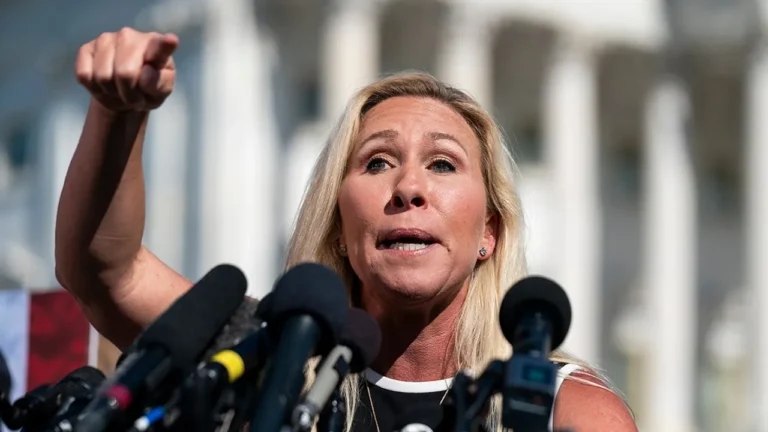Friday Hasn’t Even Started Yet, But It’s Already Ugly
by Wolf Richter, Wolf Street:
 The FANGMAN stocks went to heck afterhours.
The FANGMAN stocks went to heck afterhours.
Just a note to show how decrepit and ephemeral the enthusiasm for stocks is.
So far in October, the S&P 500 has booked 13 losing days, including October 10, when the index dropped 3.3%, and October 24, when it dropped 3.1%. Then came today, with the feel-good moment of a boisterous 1.9% gain. And then came after-hours trading, and nearly everything went to heck, particularly the FANGMAN stocks that weigh so heavily on the index with their $4-trillion market cap. And Friday morning looks already ugly. All of the FANGMAN stocks were in the red in late trading:
- Facebook [FB]: -2.3%
- Amazon [AMZN]: -7.4%
- Netflix [NFLX]: -2.8%
- Google’s parent Alphabet [GOOG]: -3.7%
- Microsoft [MSFT]: -1.5%
- Apple [AAPL]: -0.4%
- NVIDIA [NVDA]: -2.8%
There were some standout reasons:
Amazon plunged after it reported record profit but missed on revenues and guided down Q4 expectations for sales and profits, a sign of slowing revenue growth. It was down as much as $150 a share, or almost 9%.
Google’s parent Alphabet reported that revenues grew 22%, which missed expectations. Earnings beat, but a considerable slice – $1.38 billion! – of those earnings came from the gains in its portfolio of equity securities. CFO Ruth Porat warned that traffic acquisition costs would increase further as consumers are shifting search activity from desktop computers to mobile devices. Shares plunged up to 5%.
Intel [INTC] reported earnings that beat expectations, and shares initially jumped, but during the earnings call, things got muddled fast, and shares gave up their gains.
Advanced Micro Devices [AMD], an Intel competitor, had plunged 15% during the day despite the big rally in tech shares, after reporting results and discussing a graphics-chip glut resulting from the collapse of the crypto-mining business. It lost another 3% after hours.
Tesla [TSLA], which had surged 9% during the day after reporting a profit [read: The chart that makes me scratch my head: What I Think about Tesla’s Financials], gave up 1.5% in late trading.
And there were others, such as:
Mohawk Industries [MHK], a global flooring company, reporting that revenue inched up 4% to $2.5 billion and profit came in at $227 million, which disappointed everyone. Shares plunged 18%.
FirstSolar [FSLR], the solar power company, reported a Q3 profit, up from a loss a year ago, but cut guidance. Shares plunged 10%. Folks are a little edgy these days.
And here’s one for your amusement:
Snap [SNAP], purveyor of the Snapchat app, plastic sunglasses with a built-in camera, and other must-die-without stuff, announced it had lost two million users last quarter. Only two million, you ask? Shares plunged over 10% to $6.26.
If it closes at this level on Friday, it would mark a new closing low. At this level, shares have plunged about 80% since their peak on the second day after the IPO in March 2017, which I amply lambasted before and after.
This plunge is twisting the knife that is already stuck in the gut of Chinese tech giant Tencent, which had acquired 146 million shares of Snap in November 2017, after the shares had plunged, thus heroically grabbing a falling knife. On the day the purchase was announced (no purchase price was named), Snap traded at around $13 a share. If that’s the price Tencent paid, and if it still owns the stake, it has lost nearly $1 billion.
But this is small fry for the giant Tencent. Since its peak in January, its shares have plunged 43%.
Loading...



